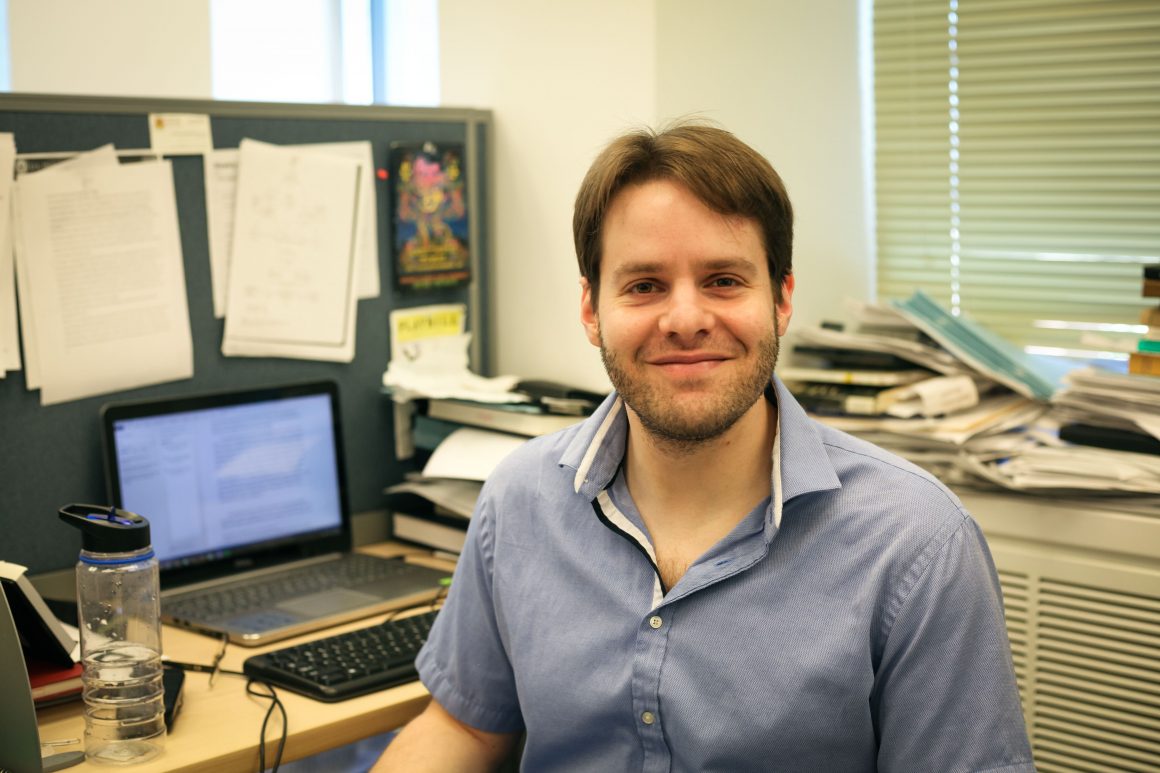
U of C history class to write final exam 17 hours after last class
By Jason Herring, June 13 2017 —
A University of Calgary instructor is raising concerns with the school’s exam scheduling policy.
Shaiel Ben-Ephraim teaches HIST 397.02, History of the Middle East. His last class ends at 2:45 p.m. on June 28. Students in the class are scheduled to write their final exam the next morning at 8:00 a.m. — just over 17 hours after their last instructional period.
“That would mean, of course, that students don’t have remotely adequate time to prepare for it and if they have stress issues or anything else they don’t have time to overcome that,” Ben-Ephraim said. “This group of students is nervous about their grade and concerned about it a lot, so I was worried about their mental health.”
Final exams for undergraduate classes are scheduled by the registrar’s office. When Ben-Ephraim contacted the office with his concerns, they said that while they were aware the exam schedule was a problem, they couldn’t change it. Instead, they suggested the class complete a take-home exam.
“Once I started talking to the officials, the picture that emerged very quickly was that everyone knows that this is a problem,” he said. “In order to make their jobs easier, they’ve decided not to change anything and to stonewall any request, regardless of how reasonable it is to have it altered.”
The U of C does not have a policy addressing how much time must elapse between the final instructional session and a registrar-scheduled exam during the spring and summer sessions. General Faculties Council approves academic dates five years in advance. In the fall and winter semesters, there is a two-day gap between the last day of classes and the first day of exams. Although no gap is currently regulated in the spring and summer terms, registrar Angelique Saweczko said this will soon change.
“Some changes have been made to how the spring and summer terms are scheduled, which allows for a one-day break between the end of classes and exams. This is being implemented with the 2018–2019 academic schedules,” Saweczko said.
In the meantime, Ben-Ephraim maintains there should be at least 24 hours between a class’s last instructional session and its final exam.
“Also, once there’s been a mistake — and there’s clearly been a problem and there’s other classes that finish earlier than we do and we have our exam days later — they should be willing to put considerations and student welfare into account and trade the exams in a logical way,” he said.
Saweczko declined to comment on Ben-Ephraim’s request, but said moving exams creates a number of logistical challenges.
“The spring exam schedule will have over 10,000 exams administered for 150 courses. To change one course could increase direct conflicts and back-to-back exams for many students,” she said. “In addition to challenges with the schedule, it’s very difficult to move an exam once the exam schedule has been released as students will start to make other plans for activities after their exams are finished.”
Saweczko said exams are only rescheduled in exceptional cases, such as the 2013 floods.
Despite this, Ben-Ephraim was frustrated by the way the registrar’s office handled his class’s complaints.
“[There wasn’t] a single expression of concern for the welfare of the students or even an attempt to defend the logic of how they set it up, other than by saying they only have a certain amount of days,” he said.
